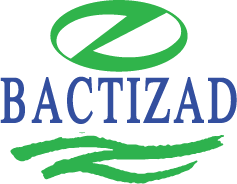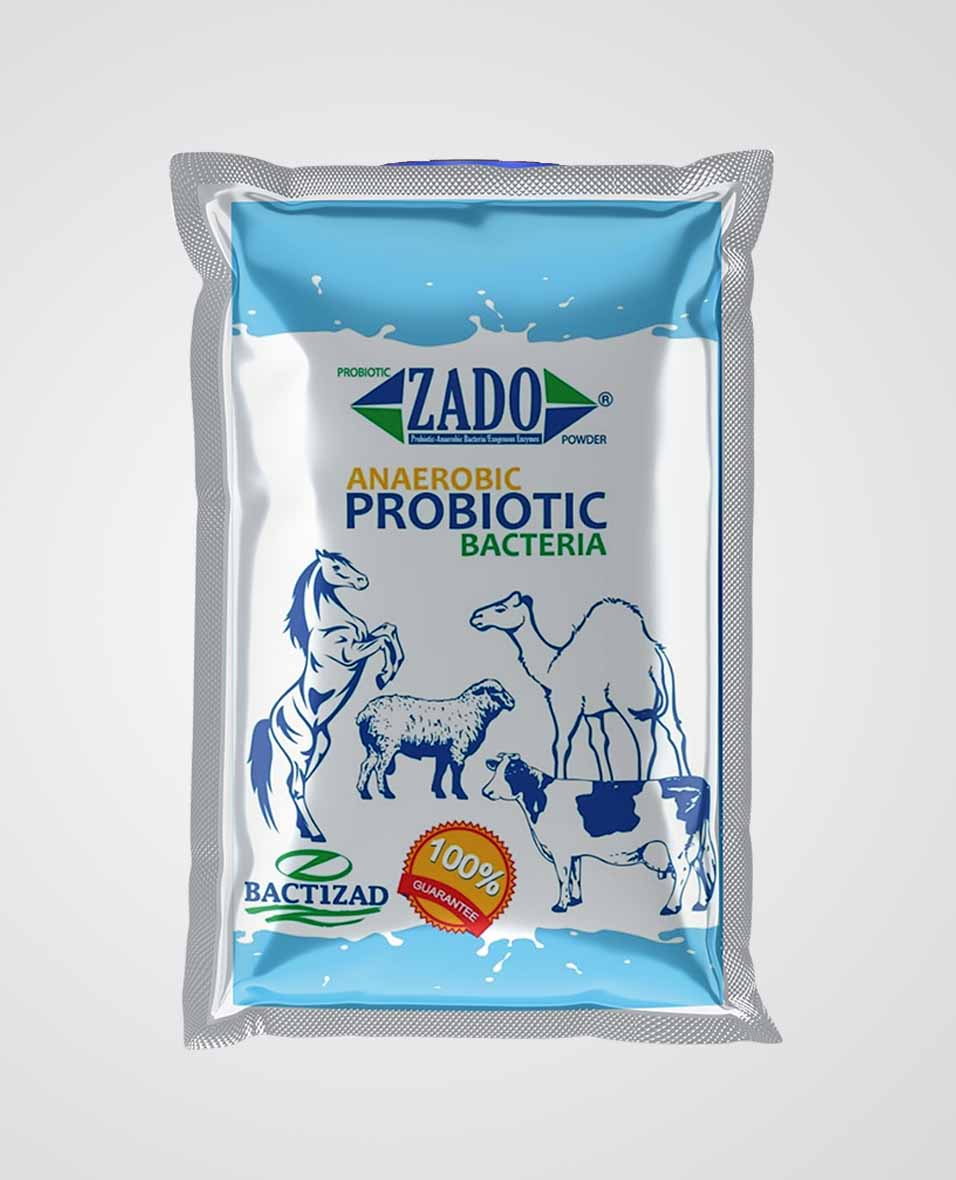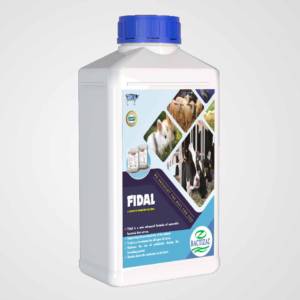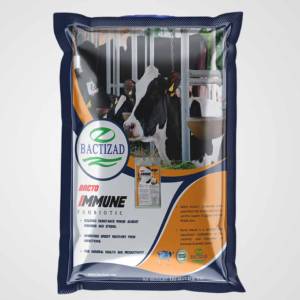Description
Composition
Ruminococcus Flavefaciens 28 x 104 CFU
Dosage
2.5 g / head for sheep
10 g / head for cattle and buffalo
Usage
Add 1 kg per ton of pelleting or mash feed
Heat-resistant
Heat-resistant and extrusion-resistant 75 %
Product Revenue – Milk
1 liter daily milk for cows
0.5 liter daily milk for buffaloes
Product Revenue – Meat
200 g daily for cows and buffalo
90 g daily for sheep
Product Feature
1 – Improve digestion
2 – Improve production performance
3 – Raise immunity
4 – anti-toxin
Efficiency of use ZADO:
- ZADO and its effect on milk animals and milk quality for cows: ZADO increases the average daily production in milk production by 1.5 liters / head / day (long days milk).
- Regarding buffalo ZADO increased the average daily production in milk production 1 liter / head / day (length of milk season).
- ZADO worked to increase the percentage of solid, non-greasy solids produced daily, despite increasing the amount of milk.
- ZADO and its effect on fattening animals, calves, buffalo and camels: ZADO increases average daily production by 200 g / head / day.
- Sheep and goats: the ZADO increase the daily average production by 90 g / head / day.
- ZADO and its impact on the general health and physiological state of the animal: ZADO worked to raise the efficiency of the animal in reducing the respiratory rate under the influence of high temperatures.
- ZADO maintains the values of the total protein in the blood plasma under the influence of thermal stress, as well as albumin and glucose.
- ZADO works to reduce the heat burden, maintaining the hemoglobin value close to normal values. The use of ZADO leads to a reduction in cholesterol in the plasma. The use of ZADO increases the concentration of thyroid hormones and quad iodine.




